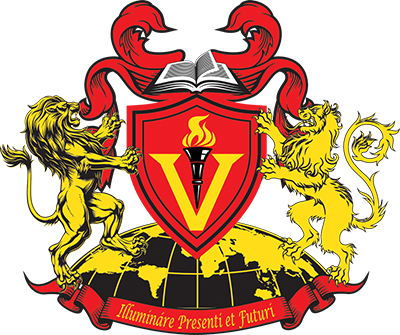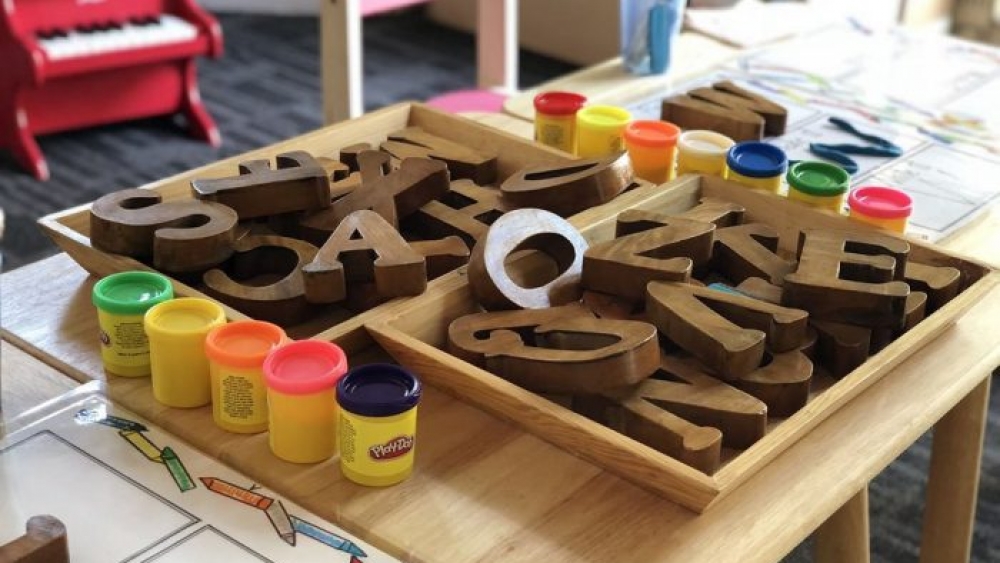If you have looked at enrolling your child in Montessori preschool in Winnetka, you may have heard about the importance of gratitude in the Montessori classroom. For prospective Montessori parents, there can be a lot to learn about this unique approach to education, but a good starting point is learning about the Montessori philosophy. This philosophy is the foundation for what to expect in the classroom and includes tenets that range from respect for the child to the practice of gratitude. Read on for a brief overview of where gratitude comes into the day-to-day activities and what it can look like both in and out of the classroom.
Dr. Montessori and the Montessori Philosophy
When she developed her method of education over a century ago, Dr. Maria Montessori recognized that the goal of education was not just to teach concepts and skills in standard subjects like mathematics and language. She believed that educators should also work to develop the whole child and prepare them to be well-rounded, productive adults. This philosophy positions the classroom as an important environment that can help to cultivate characteristics and practices such as independence, respect, creativity, and gratitude. In today’s Montessori classrooms, fostering these qualities goes hand-in-hand with learning how to read and write.
Practical life lessons, grace, and courtesy
For young Montessori students, practical life exercises are one part of a curriculum that also includes sensorial practice, language, math, culture, and science. Practical life exercises can include taking care of the shared classroom environment by sweeping, washing dishes, or watering the plants and self-care like preparing snacks and practicing good hygiene. The purpose of these exercises is to help children develop autonomy and confidence in their ability to contribute to their social groups and family. These daily acts also provide opportunities for practicing gratitude – in taking care of what they have, children participate in a physical demonstration of giving thanks. Another component of Montessori lessons in practical life is an emphasis on grace and courtesy. From a very young age, students are shown and asked to practice courteous and gracious behavior, such as how to give and receive a compliment, apologize, or politely ask for help. These lessons are essential for developing aptitude and confidence in social situations and help children practice gratitude in their relationships.
Practicing gratitude in every situation
For parents with children in Montessori preschool in Winnetka or elsewhere in the world, there are many ways to extend the practice of gratitude beyond the classroom. Families can model gratitude in their everyday language, vocalizing when good things happen that they are grateful for or noting seemingly small things that are worthy of thanks, like a good meal or time with a friend. Families can also encourage their children to help with the tasks of the household, letting their contribution be an act of gratitude and developing their understanding and appreciation of the efforts everyone puts in to keep the family going.
Valor Montessori Prep’s goal is to develop confident, competent, self-disciplined and driven individuals, who can work cooperatively for the benefit of society. Schedule a tour of our Montessori preschool to learn more!

